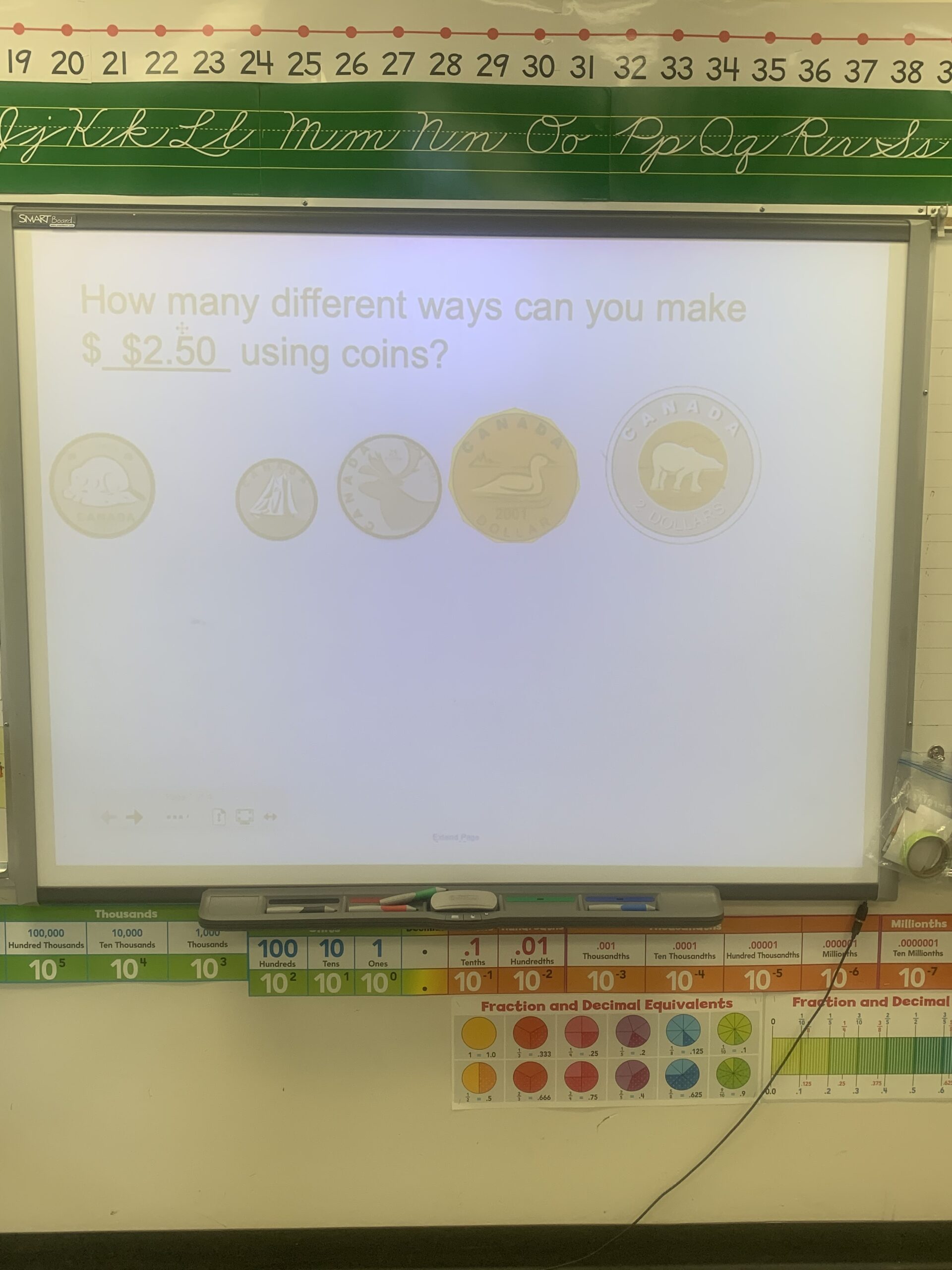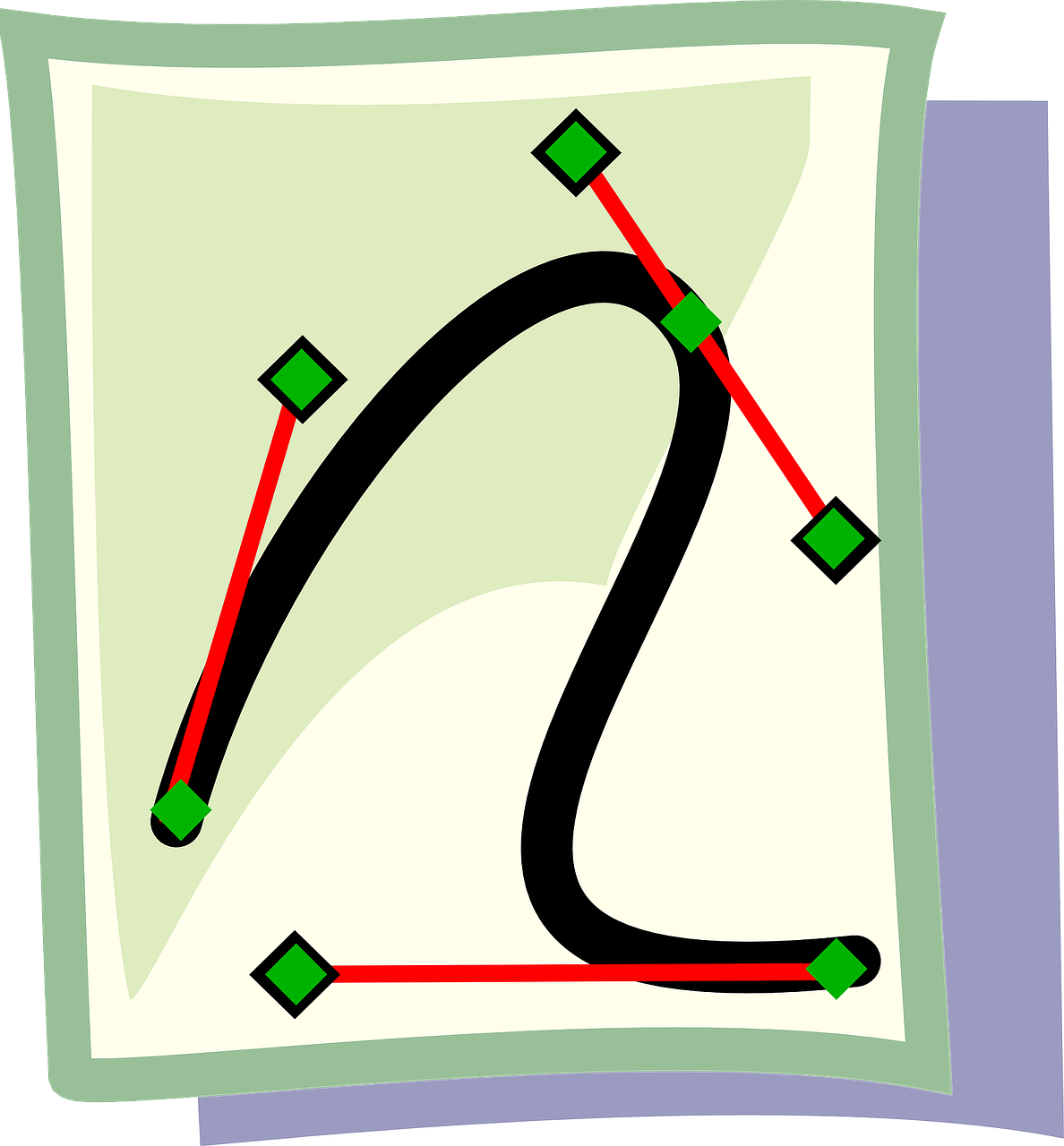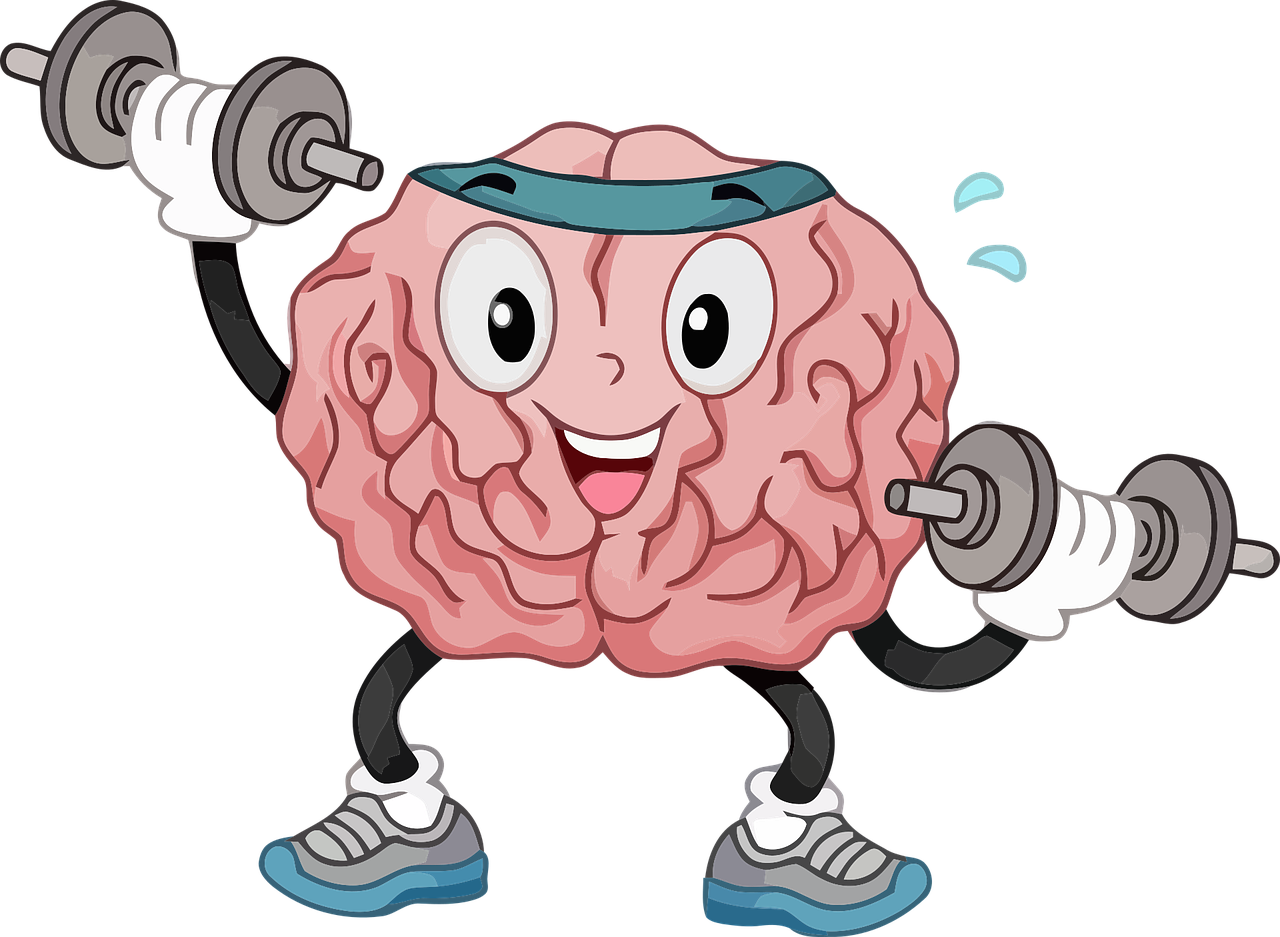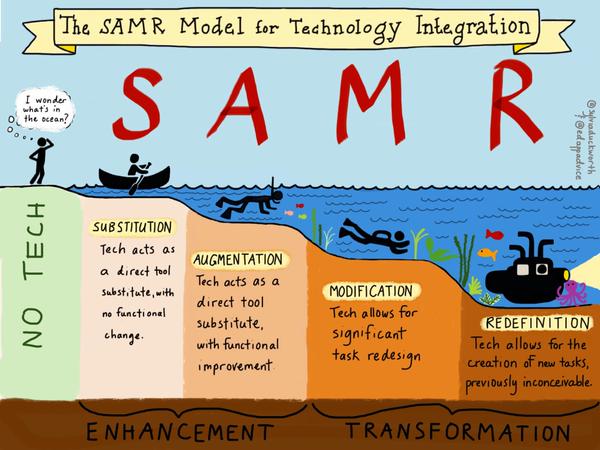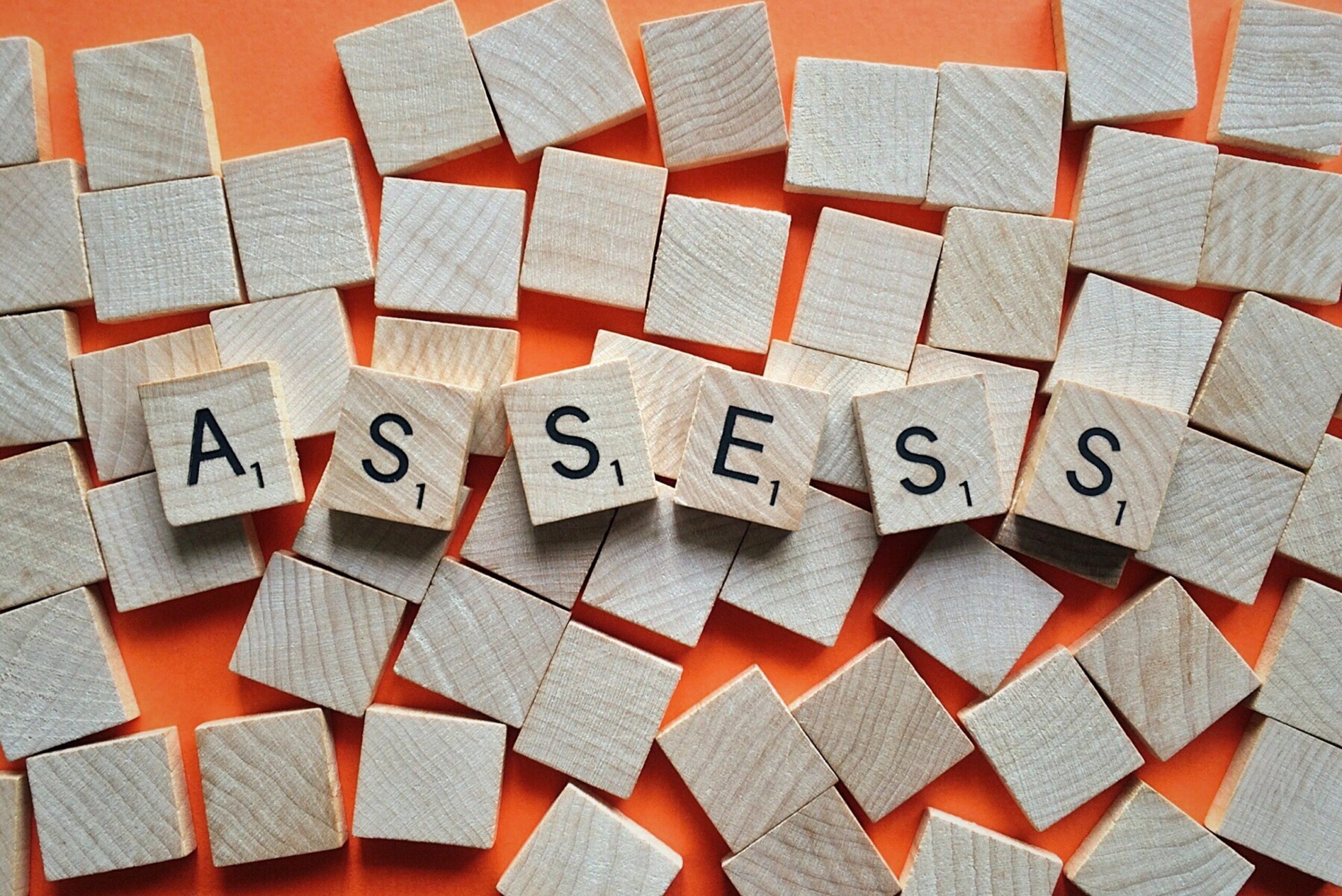I like this idea and would be happy to try it with my current team, our team has a range of experience from 3 years to 30 years in the classroom. The three of us have spent this year building a supportive and positive working relationship even giving ourselves a team name. We have been able to successfully plan units and activities but have not yet focused on specific lessons and how we could improve specific parts of an activity. As a team we could spend time planning lessons together and would be able to observe each other and discuss the lesson if we had the release time. The challenge is not planning and reviewing the lesson together it is the time to be in each other’s rooms while my district offers release time for teachers to observe it is a process and must be booked months in advance. Previously we had collaboration times once a month that have disappeared in the last two years, those times would be helpful for doing the groundwork for the lesson study process, even lining up prep times across a grade group could be beneficial. If each of the three of us had one prep at the same time each week we could work on some of the lessons together during the school day instead of trying to plan together before and after school.
In reading about this and watching the videos I found I felt that this could be more supportive for my teaching that our current model of professional development. So often I go to a workshop and get a lot of cool ideas but nothing that transfers directly to my classroom. I also find we seldom receive feedback about our own progress and growth. It could be my background in ballet and highland dance which I had continued to train in until the pandemic struck last year, but I really feel feedback helps me to improve. Some of the most masterful teachers I have seen giving feedback have not been in schools, they were my dance teachers, these women with no formal training in education but years of experience training dancers, they had developed keen observation skills and the ability to communicate sometimes harsh feedback in the kindest of ways. This is something that has really stuck with me in my own classroom and is a practiced skill. In speaking with my dance teachers as teachers instead of teacher and student I learned that the key to how they were able to deliver the feedback so effective had two components, one the relationship, I had trained with one of my teachers for over 10 years, she knows me well and we trained in groups of 4-8, the other factor is that they kept the feedback objective and specific. The other thing their feedback often focused on the next step, “let’s try it again with a straight supporting leg,” it focused on what the next step was. One of my highland teachers would always tell me, “that one is done, let’s focus on the next time,” my mistakes were always okay, it wasn’t wrong or bad we learned from it, made the adjustment, and moved on because each new attempt brought me closer to a goal. In my classroom I seldom receive feedback and for me this feels like it’s easy to get stuck doing the same thing or making the same mistake. I see lesson study as an opportunity for huge growth both in seeing how others teach and hearing feedback on my own. I would really appreciate having someone in my room to watch me and my students to be able to talk through my lesson with.
I the videos I viewed to see it in action I noticed that consistent with the article the process is student focused and based on teacher’s professional observations. In the second video from Australia, it showed more of the teacher review process and how a second teacher taught another group of students the revised lesson before repeating the cycle.
I watched several videos showing the lesson study process and found this helpful to visualize what it could look like.
Reading – https://www.youtube.com/watch?v=rr15SLGaSZI
Australia – https://www.youtube.com/watch?v=Vv0HJ-ftOAU
CBS – https://www.youtube.com/watch?v=0xgko79kO94
More reading – https://files.eric.ed.gov/fulltext/EJ960950.pdf
Pros
- Student centered
- Classroom based
- Collaborative
- Flexible
- Teacher driven
- Fits the needs of the school
- Adapts to the school goals
Cons
- Need release time
- Approval from admin
- Need TTOCs in the classes whose teachers are observing
- Teachers observing must also plan for a TTOC
- Need consistent commitment from all members of the group
I feel that before implementing this in our own schools we would have to build trusting relationships that are focused on building each other up. This process will only work if we remain focused on the goal of improving our students experience and learning. For many of us our hearts are deeply invested in our classrooms and what we do feels personal. Opening my classroom for others to watch me teach feels venerable and would require me to start with the people I feel most comfortable with rather than those I don’t know well.
